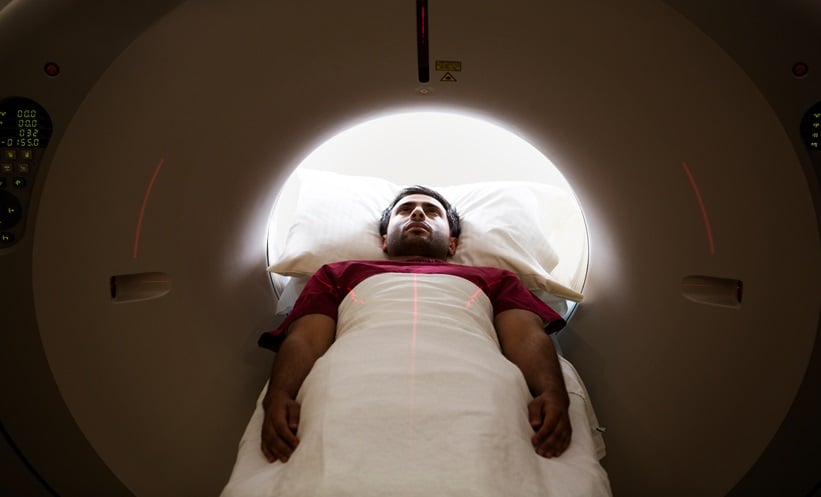PROSTATE cancer remains a significant health concern for men, particularly those aged between 50 and 60 years. Recent findings from a population-based trial initiated in 2015 provide crucial insights into the efficacy and safety of using magnetic resonance imaging (MRI) for screening prostate cancer. This trial aims to determine how effective MRI is in reducing unnecessary biopsies while still detecting clinically significant cancers.
The study invited men aged 50–60 to participate in prostate-specific antigen (PSA) screening. Men with a PSA level of 3 ng/ml or higher were subsequently referred for MRI of the prostate. Participants were then randomised into two groups: one group underwent systematic biopsies followed by targeted biopsies if suspicious lesions were detected, while the other group had only MRI-targeted biopsies.
With a median follow-up of 3.9 years, the trial reported significant findings. In the MRI-targeted biopsy group, 2.8% of men (185 out of 6,575) were diagnosed with prostate cancer, compared to 4.5% (298 out of 6,578) in the systematic biopsy group. Notably, the risk of being diagnosed with clinically insignificant cancer was significantly lower in the MRI-targeted group, with a relative risk of 0.43. This reduction was even more pronounced in subsequent screening rounds.
While the trial identified fewer cases of clinically insignificant prostate cancer with MRI-targeted biopsies, the rate of clinically significant cancer diagnoses was similar between both groups, with a relative risk of 0.84. Additionally, the occurrence of advanced or high-risk cancers was lower in the MRI-targeted group (15 cases) compared to the systematic biopsy group (23 cases), although this result did not reach statistical significance.
The study concluded that omitting biopsy for patients with negative MRI results substantially reduces the diagnosis of clinically insignificant prostate cancer. Furthermore, the associated risk of detecting incurable cancers during screening or as interval cancers remained very low. These findings underscore the potential of MRI to enhance prostate cancer screening practices, minimising unnecessary procedures while effectively identifying significant cases.
Reference
Hugosson J et al. Results after four years of screening for prostate cancer with PSA and MRI. N Engl J Med. 2024;391(12):1083-1095.








